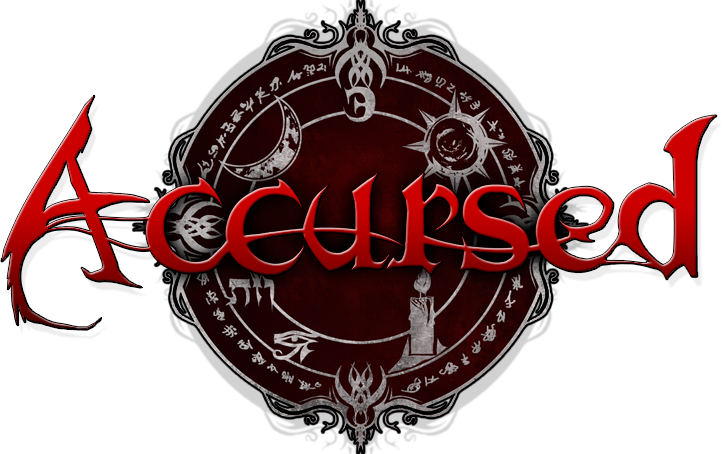From the time of Ur-Xandria's founding, the nation's culture blurred mysticism with its religion and government. Hyphrates' leaders, its Pharaohs, were considered divine manifestations of the Creator, and their judgment and wisdom was infallible. Any who questioned their decisions were found guilty of both heresy and treason. Because of this, the Pharaoh and his closest advisors were expected to closely oversee virtually everything that happened within the land. Independent thought was stifled, as the population constantly feared prosecution for taking actions that might conflict with the wishes of the Pharaoh.
Over generations, this led to a nation with vast public works, but almost no sense of entrepreneurship. Even as new cities were established, the Pharaoh appointed local officials to closely oversee the inhabitants. In many instances, those who dwelt in the newly established cities were relocated by government direction rather than their own volition. While some resented such strict oversight, others accepted the new role, as mindless obedience had become such an intrinsic part of Hyphrates' culture.
The Pharaohs encouraged this obedience through two key approaches, the Pharaonic Cult and culturally mandated drug use. The Pharaonic Cult developed over the generations, and stated that each Pharaoh was a god unto himself. As such, each Pharaoh was assigned a place in the state religion's pantheon. When a Pharaoh died, massive tombs were built into a huge Necropolis known as Luxarra. This city of the dead became a site of tremendous spiritual significance for the nation's inhabitants, and pilgrimages to worship at the shrines were expected of all the devout at least once every decade.
The religious indoctrination of Hyphrates populationwas reinforced through the use of culturally and religiously encouraged mind-altering drugs.. Each city had a sophisticated system of aquifers and irrigation ditches. The Pharaohs commanded their servants to deliberately taint the nation's water supplies with a cocktail of different chemicals designed to keep the citizenry docile and obedient. Only the highest-ranking members of the government were provided with water, which had not been contaminated.
Other drugs, including a bevy of hallucinogenic substances played a key factor in Hyphratian religious ceremonies. Some were consumed regularly by the faithful as a key component in their personal worship--the drugs were believed to enable the worshippers to speak to the gods. Others were incorporated into the incense burned during formal community observances. As these were largely addictive and euphoric, it also encouraged the faithful to continue attending church services.
As the faithful were generally very open to suggestions during religious observances because of their intoxicated nature, the Pharaonic Cult incorporated a great deal of mysticism. To the sober observer, few of the Cult's traditions and beliefs made a great deal of sense. Rituals devoted to appeasing, summoning, and even controlling various spirits played a major part. Some scholars speculate that the fey may have played a major role in the ancient faith, but there is little discrete evidence to support this theory.
When the Enochian faith began to spread through Morden, the Pharaohs struggled to oppose it. They made this decision because it seemed that when the Enochian faith supplanted the state religion, the people no longer saw the Pharaohs as divine and infallible. The battles that took place between the missionaries and priests of the native faith and the intruding one reached truly epic proportions. Evidence of fey involvement at this stage played a major role, as plagues and storms swept across the land, destroying vast swaths of territory at the same time as the inhabitants began to abandon their former faith and embrace the new one.

No comments:
Post a Comment